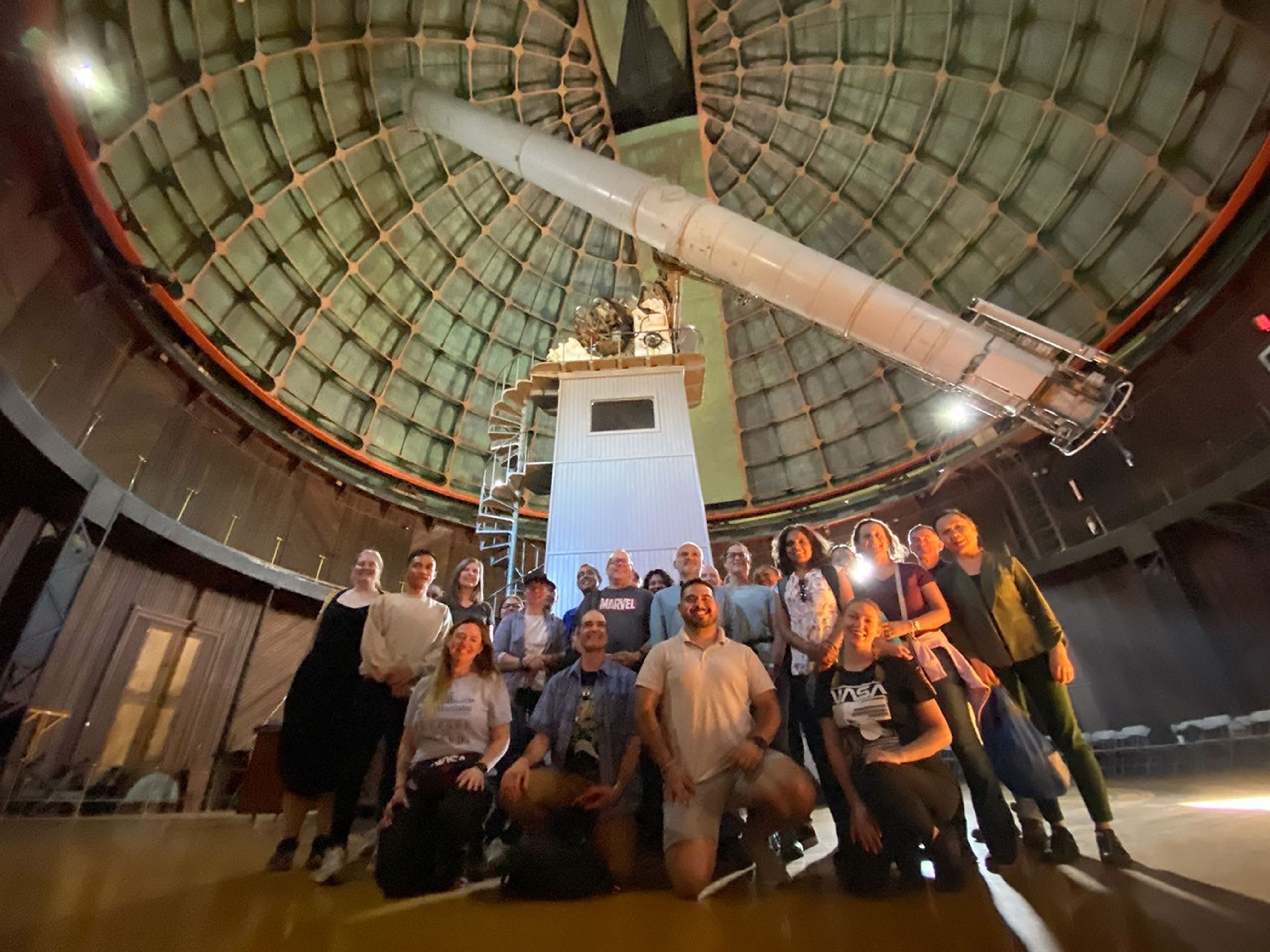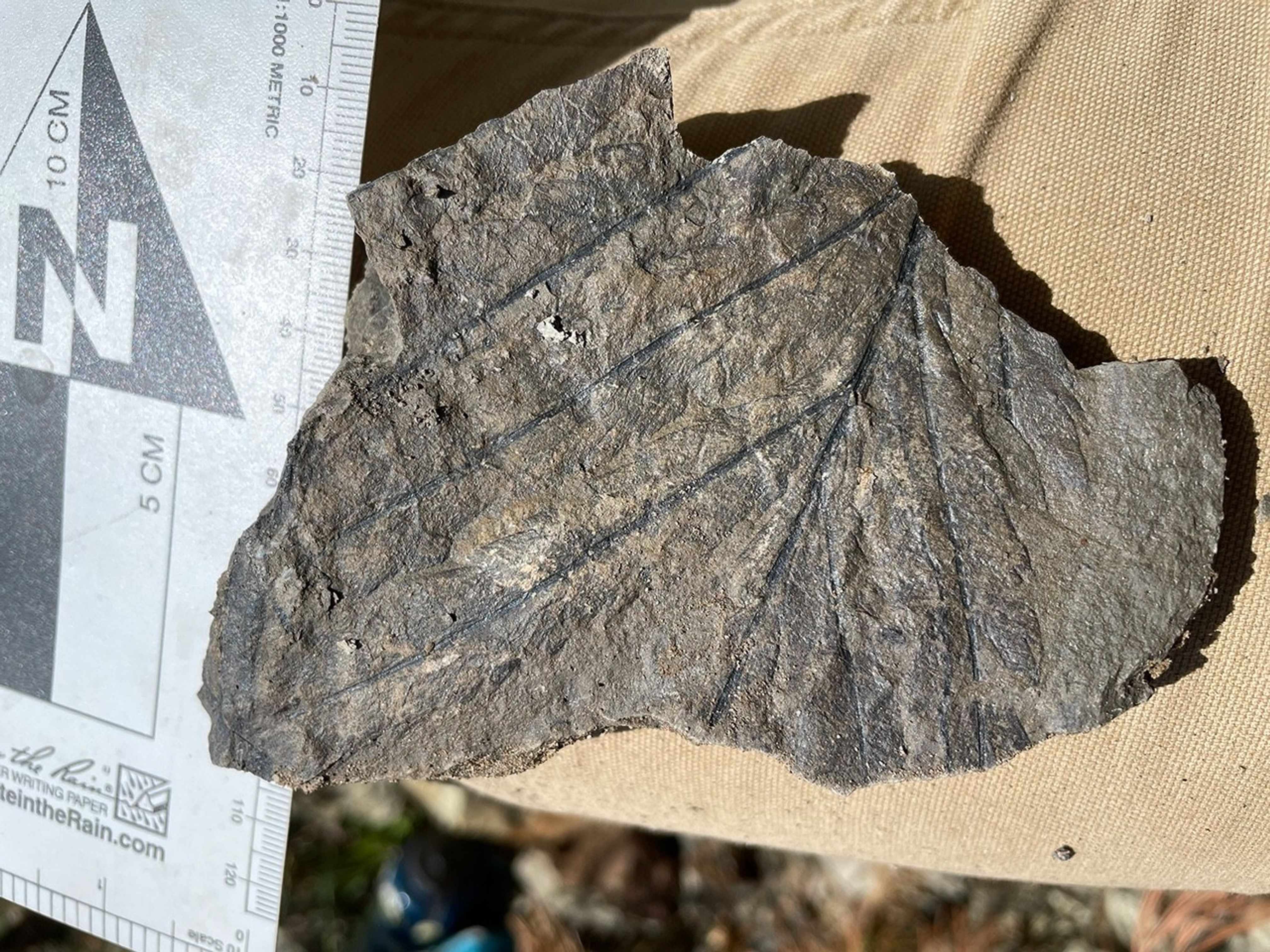NASA Workshops Culturally Inclusive Planetary Engagement with Educators
2 min read
NASA Workshops Culturally Inclusive Planetary Engagement with Educators
From November 6-8, 2024, the NASA Science Activation Program’s Planetary Resources and Content Heroes (ReaCH) project held a Culturally Inclusive Planetary Engagement workshop at the Bradley Observatory at Agnes Scott College in Atlanta, Georgia for the space sciences community, including planetary science, astrobiology, astronomy, and heliophysics professionals, as well as invited education specialists. To practice the skills learned in the workshop, participants facilitated a variety of space-themed, culturally-inclusive, hands-on activities for 79 students, family, and staff at the Center for a New Generation at the Tuskegee Airmen Global Academy Boys and Girls Club.
Workshop participants provided anonymous feedback as a part of their workshop evaluations:
“[This experience] helped me learn a lot about how to make different cultures and ethnicities feel involved and included and also engage with them to inspire in them a love for science”
“. . .I feel like the discussions were so important to me, considering we all come from so many different backgrounds, and our exposure has been different, so we all have a different point of view to bring to the discussion that others, that I, might not think of right away. So I think it was really nice to hear so many different perspectives in all of these discussions.”
“[The facilitator] connected cultural diversity to an activity. That is not easy to do. I loved it and it is what I expected coming into this workshop.”
This workshop was conducted in partnership with Agnes Scott College, Georgia Tech, the Boys & Girls Clubs of Metro Atlanta, and members of the Center for Lunar Environment and Volatile Exploration Research (CLEVER) NASA Solar System Exploration Research Institute (SSERVI) Center. ReaCH workshops are designed to enhance the ability of scientists to engage their local communities in science. The Planetary ReaCH project is building a replicable model that will be used to support similar workshops for other science fields. NASA-funded researchers, including early-career scientists, are invited to apply for the 2025 workshops!
The Planetary ReaCH project is supported by NASA under cooperative agreement award number 80NSSC21M0003 and is part of NASA’s Science Activation Portfolio. Learn more about how Science Activation connects NASA science experts, real content, and experiences with community leaders to do science in ways that activate minds and promote deeper understanding of our world and beyond: https://science.nasa.gov/learn
Details
Explore More
Discover More Topics From NASA
James Webb Space Telescope
Webb is the premier observatory of the next decade, serving thousands of astronomers worldwide. It studies every phase in the…

Perseverance Rover
This rover and its aerial sidekick were assigned to study the geology of Mars and seek signs of ancient microbial…

Parker Solar Probe
On a mission to “touch the Sun,” NASA’s Parker Solar Probe became the first spacecraft to fly through the corona…

Juno
NASA’s Juno spacecraft entered orbit around Jupiter in 2016, the first explorer to peer below the planet’s dense clouds to…




